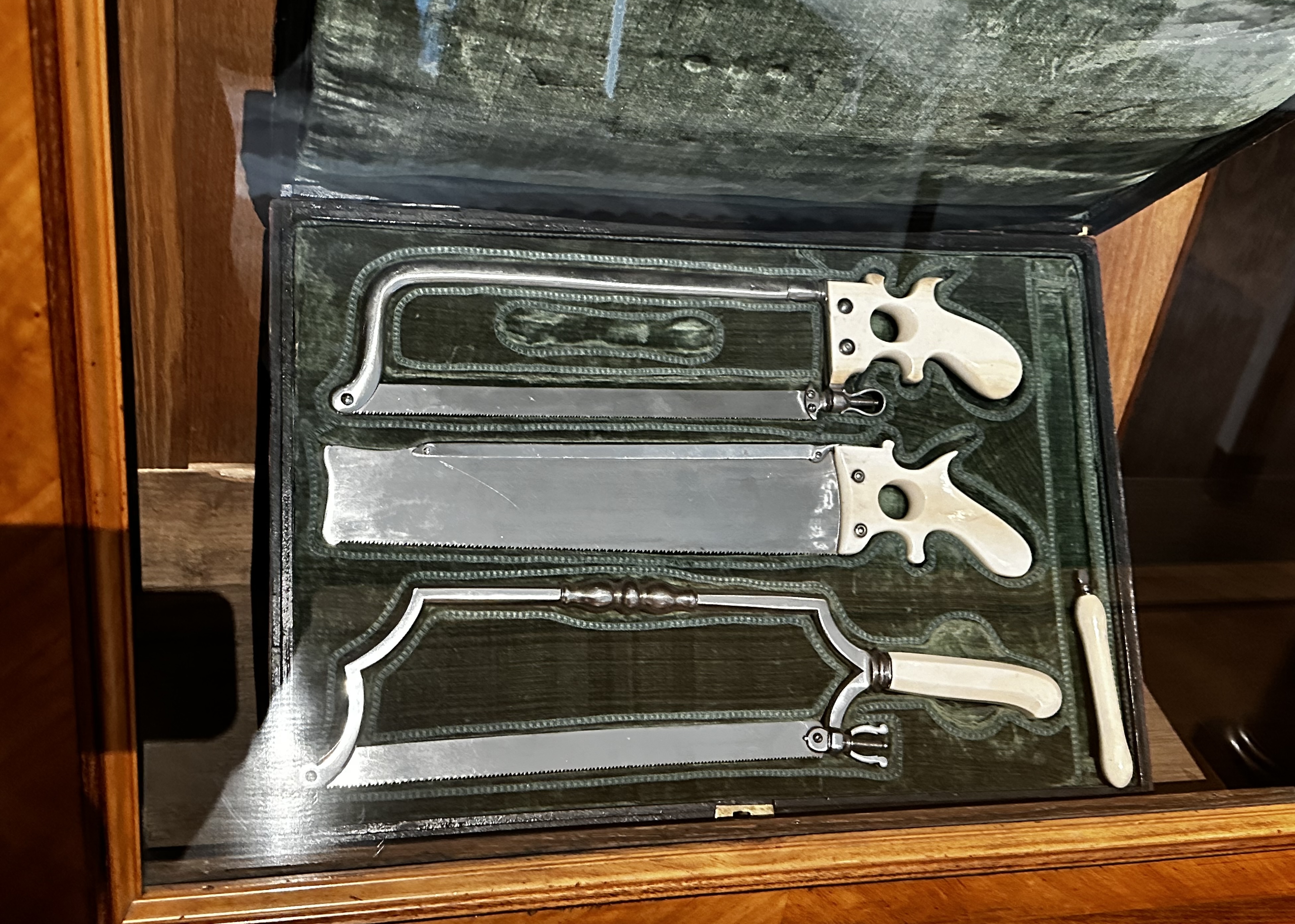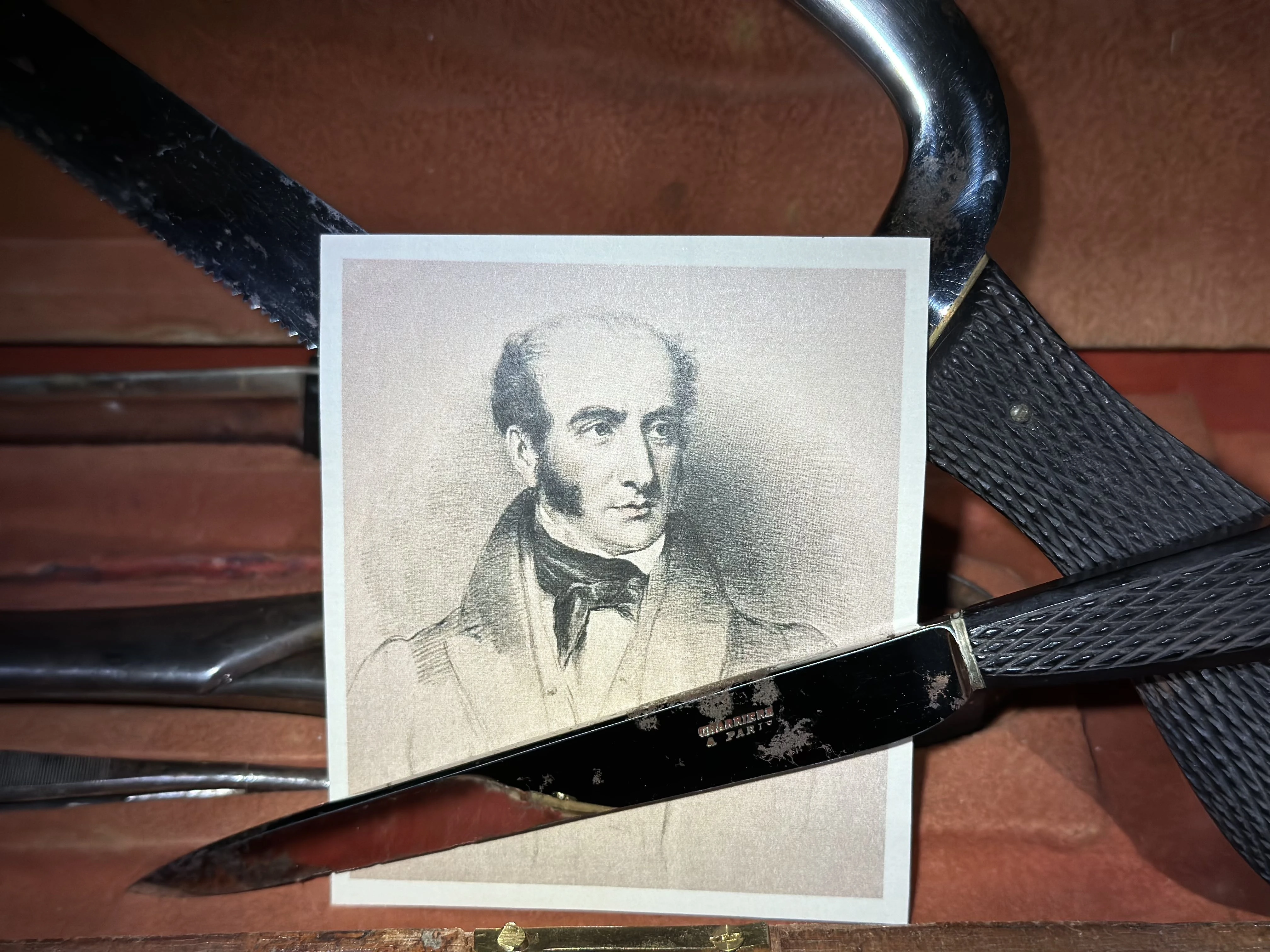Search results2 results
COLLECTION

Austria, 18 C.
A collection of 65 sets of surgical instruments made by Viennese craftsman Joseph Malliard under the direction of Giovanni Alessandro Brambilla, an Italian-born Austrian surgeon eighteenth-century innovator in military surgery. Today, this collection, known as the “Instrumentarium Chirurgicum Militare Austriacum” is on display at the Josephinum Museum, Vienna
FIRM

France, Paris
The French company Charrière, founded by Joseph-Frédéric-Benoêt Charrière in the early 19th century, stands as a testament to innovation in medical instrument manufacturing. Born in 1803 in Switzerland, Charrière moved to Paris as a teenager and eventually took over his mentor's cutlery workshop. He became renowned for producing high-quality surgical instruments, notably in lithotripsy and anesthesia. Charrière's technical skill, creativity, and eagerness to learn from surgeons directly influenced his designs. He is also credited with creating the 'Charrière scale,' a measurement standard for medical instruments (also known as 'French gauge'). After his death the company worked under the name Maison Collin till 1957 when it was taken over by Maison Gentile. Charrière's legacy in medical technology endures, symbolizing groundbreaking advancements in healthcare tools.